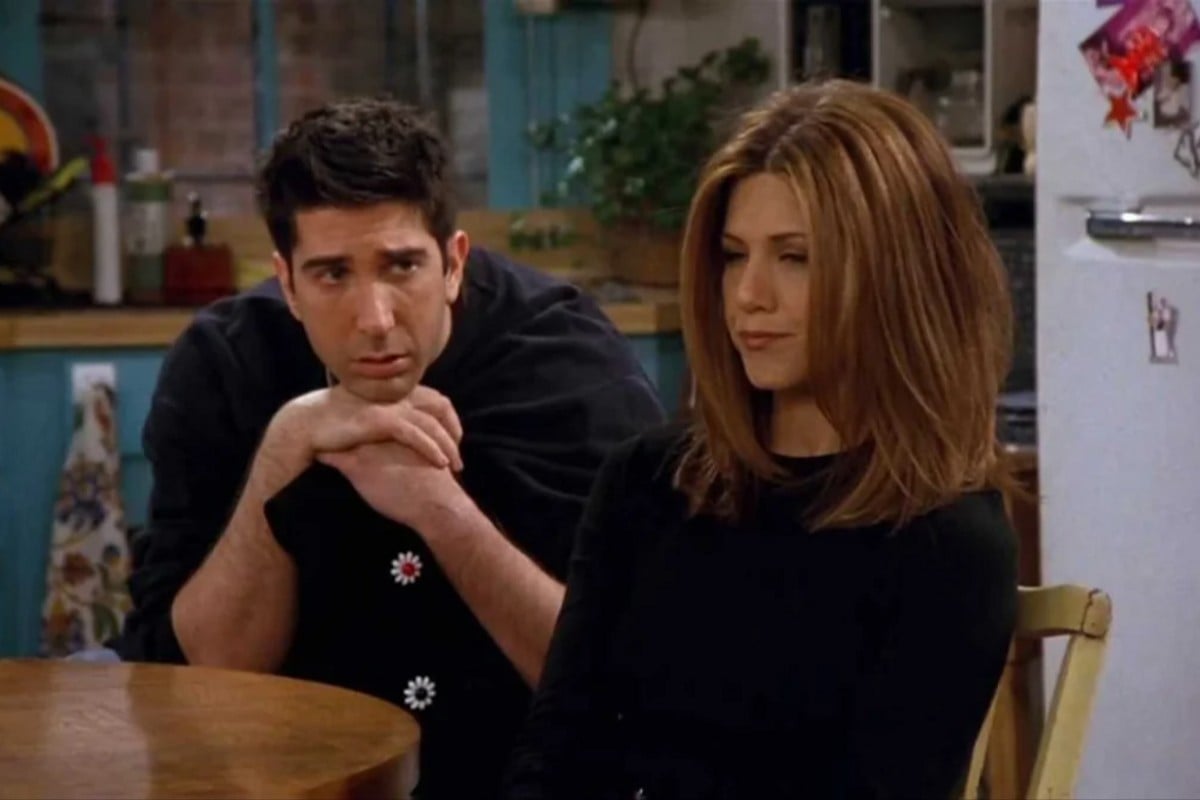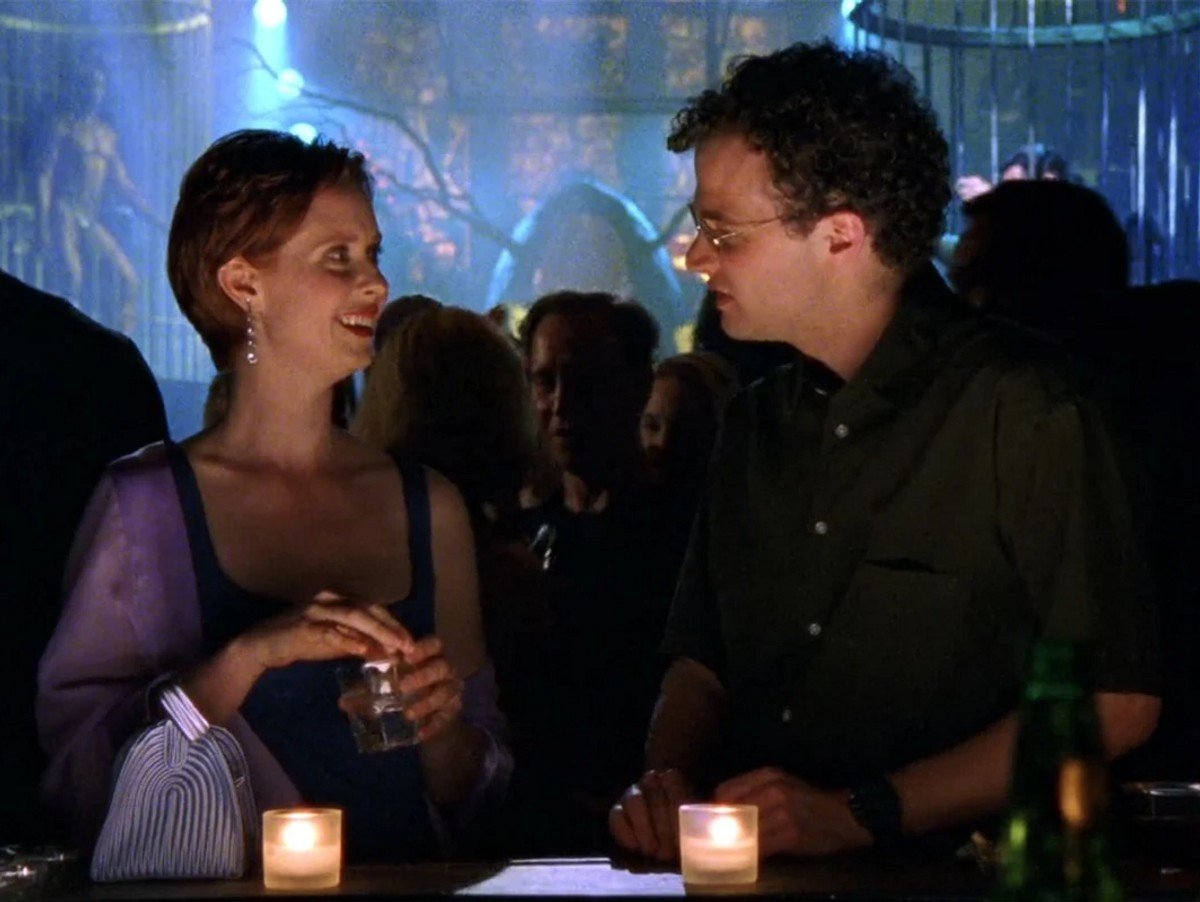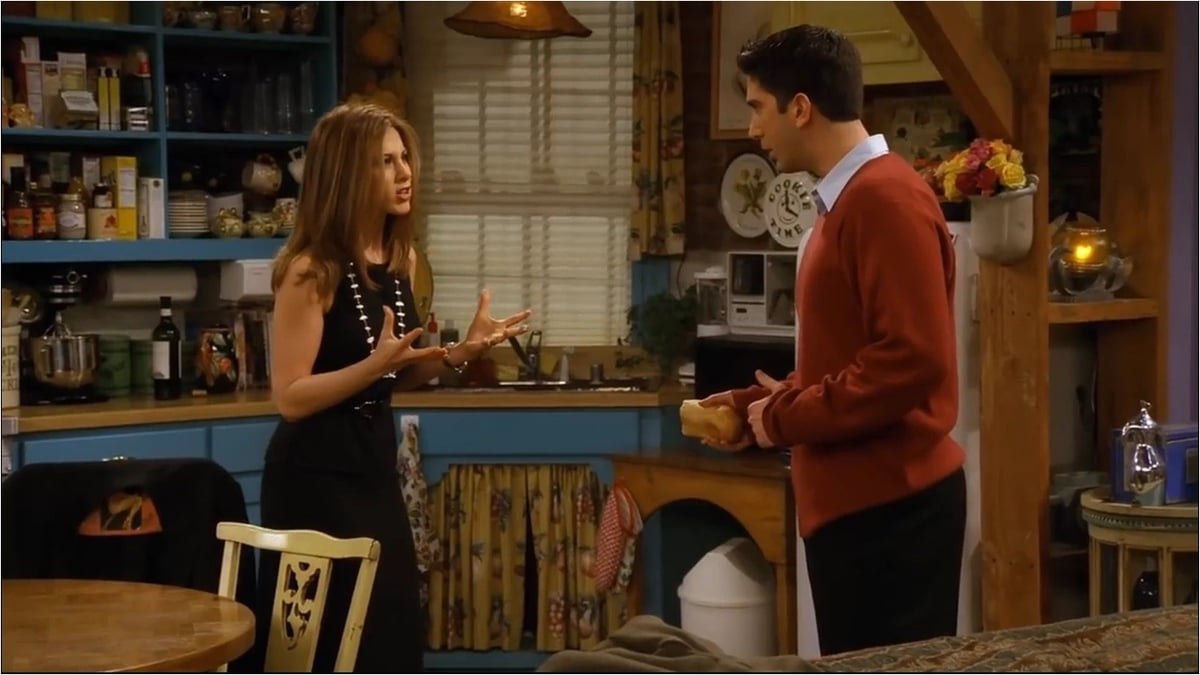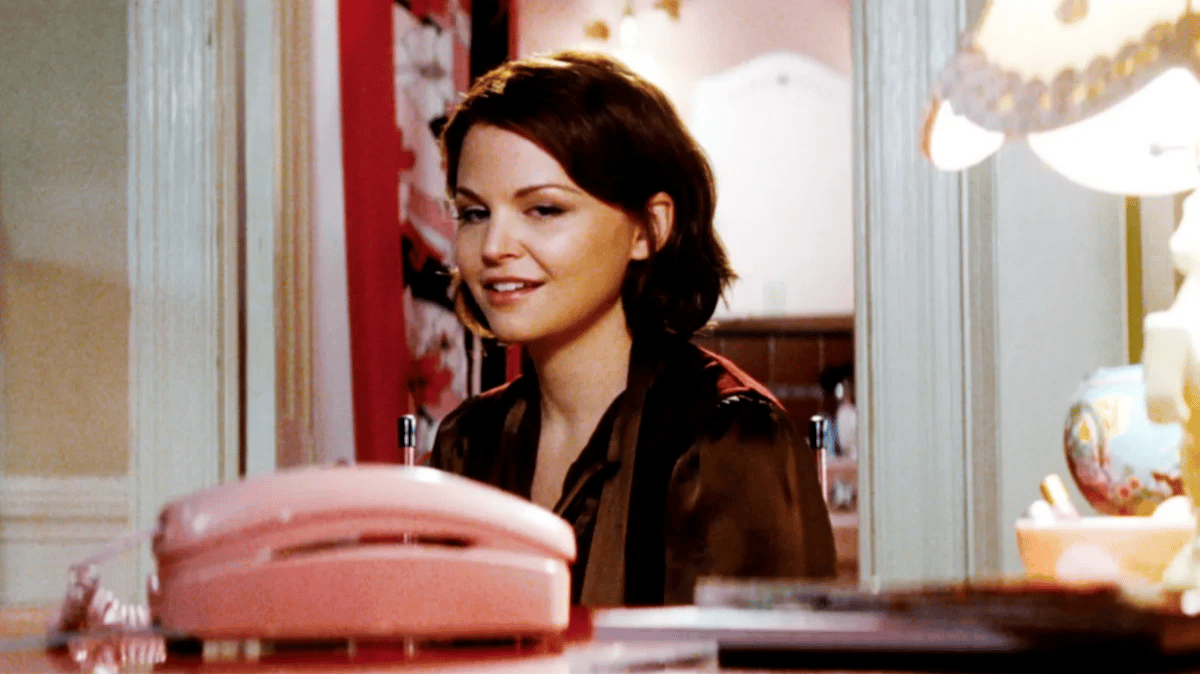
Breaking up is hard to do, but apparently we're all doing it in remarkably similar ways — and honestly? We're not as original as we think we are.
A recent study published in Personality and Individual Differences has revealed that — despite our unique personalities and circumstances (and our delusions of being complex, mysterious beings) — most of us fall into one of three breakup categories when it's time to say goodbye.
If movies and TV shows are anything to go by — because fictional entertainment is always the best source of reality and truth, right? — this tracks perfectly. We've been watching the same three breakup scripts play out on screen for decades.
Researchers asked 228 participants in their early 30s to imagine themselves in an unhappy relationship and describe how they'd end it. The results? We're all following the same tired playbook when it comes to romantic exits.
Groundbreaking stuff, really.
Watch celebs give breakup advice at the 2024 Logies. Article continues after video.
































































































